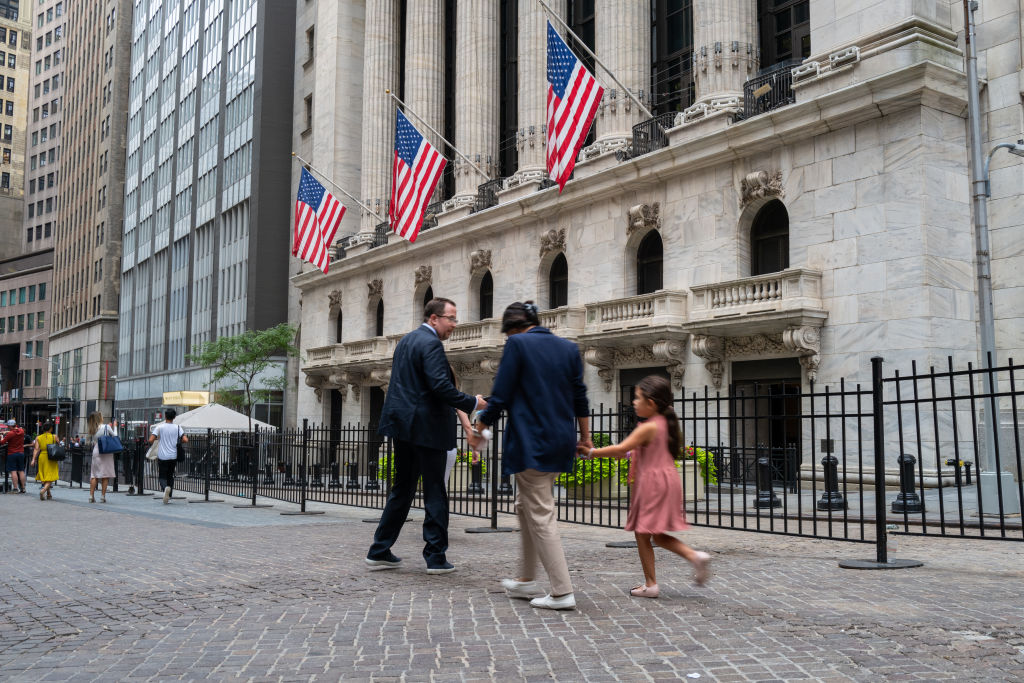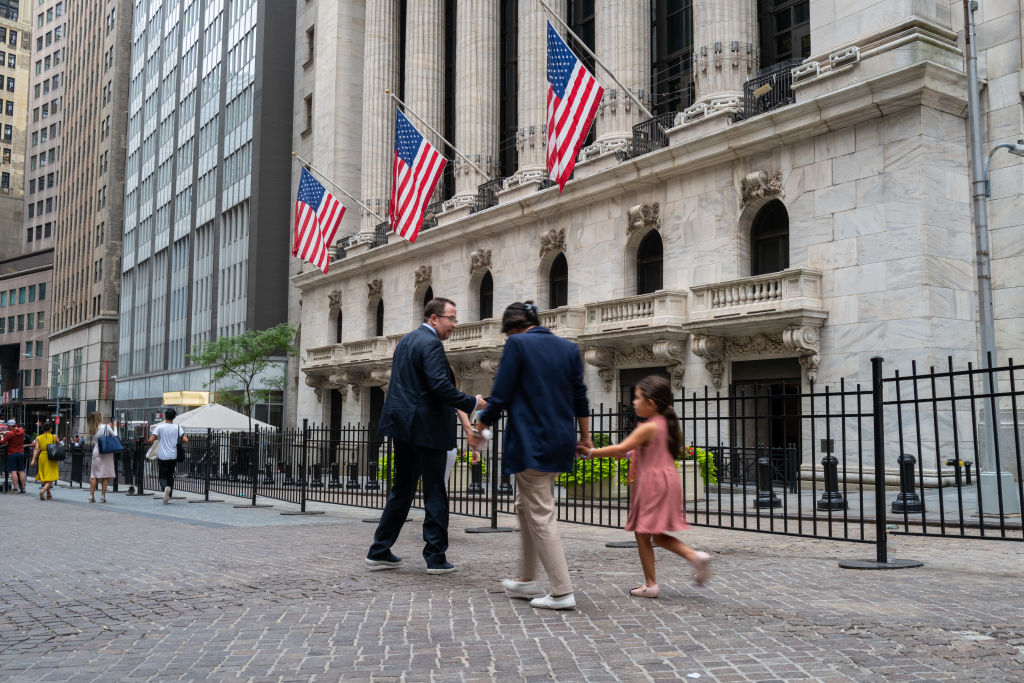Baillie Gifford US Growth: Investor patience ‘will wear thin’ over underperformance
The £643m Baillie Gifford US Growth trust is at risk of investor patience wearing thin over its failure to keep up with the strength of US markets, analysts have warned. In the trust’s annual result, it revealed that its underlying assets grew by only 16.2 per cent throughout the year, compared to a 24.8 per [...]


The £643m Baillie Gifford US Growth trust is at risk of investor patience wearing thin over its failure to keep up with the strength of US markets, analysts have warned.
In the trust’s annual result, it revealed that its underlying assets grew by only 16.2 per cent throughout the year, compared to a 24.8 per cent gain in the S&P 500.
However, the discount of the trust’s share price to underlying assets halved from 22.4 per cent to 11.2 per cent, thanks in part to a 7.9m share buyback programme, sending its share price rocketing up 32.9 per cent.
Underperformance of underlying assets to the S&P 500 seems surprising, for despite such a strong market, the growth companies that Baillie Gifford specialises in have not kept up with the main US index.
“Investors’ patience will wear thin if the underlying performance doesn’t improve soon,” warned James Carthew, head of investment company research at Quoteddata.
Since its launch in 2018, the trust’s share price has grown 91.4 per cent and its underlying assets have grown 121.2 per cent, compared to an S&P 500 gain of 152 per cent.
Baillie Gifford is also known for investing in private companies, and the US Growth vehicle is no different, with 34.1 per cent of the trust invested in unlisted assets.
The number of private companies in the portfolio dropped from 25 to 24 throughout the year, as Oddity listed, Convoy went bust and was written off, and one new purchase was made: Human Interest.
Baillie Gifford also said that 67 per cent of the portfolio was now generating positive cash flow or positive earnings per share, up from 48 per cent last year. Companies owned by the trust saw their median revenue growth rate exceed 18 per cent, ahead of the S&P 500 Index.
“That relatively high exposure to loss-making/cash consumptive companies has been the main factor in the trust’s poor relative performance,” explained Carthew.
“Rising interest rates put investors off ‘jam tomorrow’ companies and particularly those that were burning cash and the market feared might struggle to raise more.”
Nvidia was the highest contributor to the growth of the trust’s assets, pushing it up 6.4 per cent alone over the last year, well ahead of the next highest contributor SpaceX (two per cent).
The Baillie Gifford managers described the company as “a key beneficiary of this AI spending boom” though noted the trust had reduced its position in Nvidia earlier in the year “to reflect the change in risk-reward”.
Commentary on the performance of other assets was limited, with Carthew saying he thought the lack of discussion over the drivers of return was “disrespectful towards shareholders, especially when a holding goes bust”.



